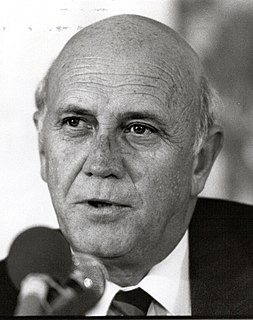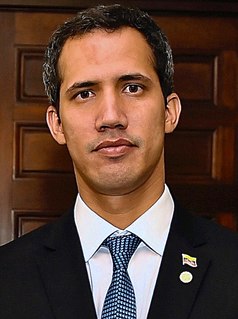A Quote by Mike Pompeo
Because of Iran's support for terrorism, disrespect for human rights, and nuclear proliferation, it has been under U.S. and international sanctions for decades - and companies have been fined billions for circumventing those sanctions.
Related Quotes
Everything we've done has been designed to make sure that we address that number one priority. That's what the sanctions regime was all about. That's how we were able to mobilize the international community, including some folks that we are not particularly close to, to abide by these sanctions. That's how these crippling sanctions came about, was because we [USA] were able to gain global consensus that Iran having a nuclear weapon would be a problem for everybody.
Sanctions kept us on our toes, it made us realize that we were drifting into a situation of growing isolation so I wouldn't go as far as to say sanctions didn't play a role but if I were to put on a scale, the issues of conscience played a much greater role than the sanctions. We could have withstood sanctions for many more years. We became experts in circumventing sanctions... So sanctions played a role but it wasn't the major role.
So, I think that for the authorities to say now that calling for sanctions will prevent dialogue is a ploy to stop us from supporting sanctions. It has to be the other way around: dialogue first, then we stop our call for sanctions, because sanctions make people understand that you cannot exercise repression and at the same time expect international support.
Sanctions did indeed help to bring Iran to the negotiating table. But sanctions did not stop the advance of Iran's nuclear program. Negotiations have done that, and it is in our interest not to deny ourselves the chance to achieve a long-term, comprehensive solution that would deny Iran a nuclear weapon.
We support any deal that denies Iran nuclear weapons, that has a continuous and robust inspection mechanism and that has snap-back provisions in case Iran violates the agreement. Our concern is that Iran will use the income it receives as a result of the lifting of the nuclear sanctions in order to fund its nefarious activities in the region.
Israel's discourse with the United States on the subject of Iran's nuclear project is more significant, and more fraught, than it is with Europe. The U.S. has made efforts to stiffen sanctions against Iran and to mobilize countries like Russia and China to apply sanctions in exchange for substantial American concessions.
At the U.N., I routinely encounter countries that do not want to impose sanctions or even to enforce those already on the books. The hard-line sanctions skeptics have their own self-interested reasons for opposing sanctions, but they ground their opposition in claims that America uses sanctions to inflict punishment for punishment's sake.
That`s how you end up with a guy like Dan Fried, overseeing the U.S. sanctions against Russia for Russia did in Ukraine and Crimea.Russia hates those sanctions more than they love life. They hate those sanctions. So, of course, you need your toughest and most experienced guy running those sanctions.





























